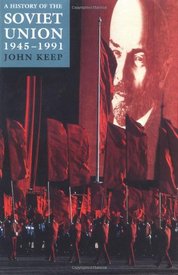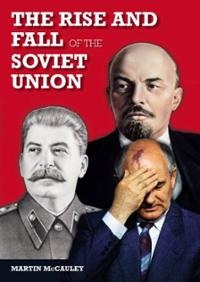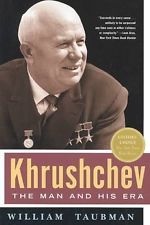
The period of Soviet history between Nikita Khrushchev’s fall from power in 1964, and the arrival of Mikhail Gorbachev as premier in 1985, has often been seen as a period of economic, social and political stagnation in the USSR. For the vast majority of this twenty year time frame, the USSR was governed by one man, Leonid Brezhnev. As such, the Brezhnev era has earned a reputation for being a flat-line in the development of the socialist experiment. However, this view is far from universal.
To discuss the nature of Brezhnev’s rule in Russia, and particularly the extent to which it might be considered as period of stagnation, I am joined by John Keep, the emeritus professor of Russian history at the University Toronto. Since retiring in 1988, he has co-written a retrospective on Stalininsm, and has also produced a fantastic overview of the Soviet Period in his “A History of the Soviet Union 1945-1991: The Last of the Empires” which is recommended core reading for the study of the USSR.
For mobile users - click on the image or subscribe using the links on the right.
To discuss the nature of Brezhnev’s rule in Russia, and particularly the extent to which it might be considered as period of stagnation, I am joined by John Keep, the emeritus professor of Russian history at the University Toronto. Since retiring in 1988, he has co-written a retrospective on Stalininsm, and has also produced a fantastic overview of the Soviet Period in his “A History of the Soviet Union 1945-1991: The Last of the Empires” which is recommended core reading for the study of the USSR.
For mobile users - click on the image or subscribe using the links on the right.





 RSS Feed
RSS Feed
